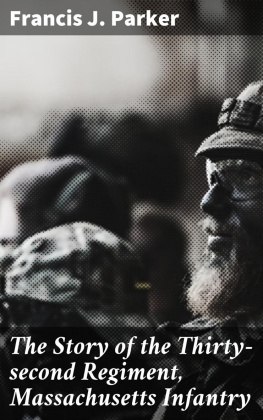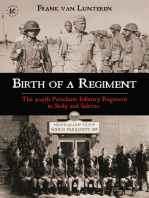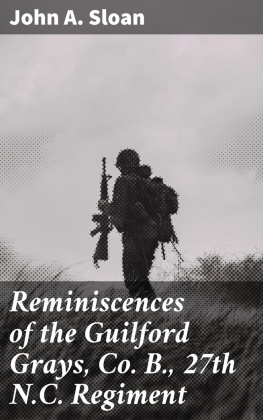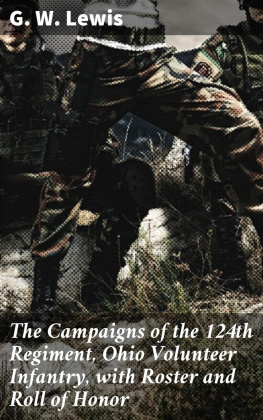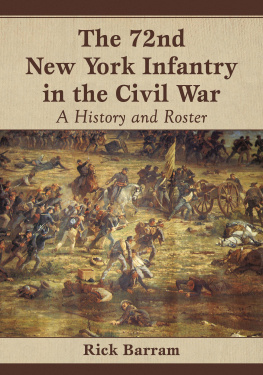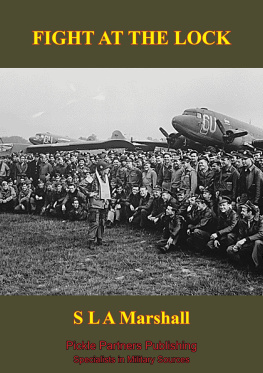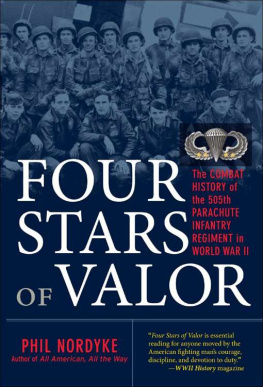William H. Clark - Reminiscences of the Thirty-Fourth Regiment, Mass. Vol. Infantry
Here you can read online William H. Clark - Reminiscences of the Thirty-Fourth Regiment, Mass. Vol. Infantry full text of the book (entire story) in english for free. Download pdf and epub, get meaning, cover and reviews about this ebook. year: 1871, publisher: Good Press, genre: Non-fiction. Description of the work, (preface) as well as reviews are available. Best literature library LitArk.com created for fans of good reading and offers a wide selection of genres:
Romance novel
Science fiction
Adventure
Detective
Science
History
Home and family
Prose
Art
Politics
Computer
Non-fiction
Religion
Business
Children
Humor
Choose a favorite category and find really read worthwhile books. Enjoy immersion in the world of imagination, feel the emotions of the characters or learn something new for yourself, make an fascinating discovery.

- Book:Reminiscences of the Thirty-Fourth Regiment, Mass. Vol. Infantry
- Author:
- Publisher:Good Press
- Genre:
- Year:1871
- Rating:4 / 5
- Favourites:Add to favourites
- Your mark:
- 80
- 1
- 2
- 3
- 4
- 5
Reminiscences of the Thirty-Fourth Regiment, Mass. Vol. Infantry: summary, description and annotation
We offer to read an annotation, description, summary or preface (depends on what the author of the book "Reminiscences of the Thirty-Fourth Regiment, Mass. Vol. Infantry" wrote himself). If you haven't found the necessary information about the book — write in the comments, we will try to find it.
Reminiscences of the Thirty-Fourth Regiment, Mass. Vol. Infantry — read online for free the complete book (whole text) full work
Below is the text of the book, divided by pages. System saving the place of the last page read, allows you to conveniently read the book "Reminiscences of the Thirty-Fourth Regiment, Mass. Vol. Infantry" online for free, without having to search again every time where you left off. Put a bookmark, and you can go to the page where you finished reading at any time.
Font size:
Interval:
Bookmark:


 t is the afternoon of a summer day, with but little breeze more than enough to gently sway the folds of a new and handsome National Flag, which is in full view of the multitude who encompass it. We have taken the reader, in thought, to the spacious and beautiful Common in Worcester, on the 15th of August, 1862.
t is the afternoon of a summer day, with but little breeze more than enough to gently sway the folds of a new and handsome National Flag, which is in full view of the multitude who encompass it. We have taken the reader, in thought, to the spacious and beautiful Common in Worcester, on the 15th of August, 1862.| Thinking no less of them, But loving our country the more; Weve sent them forth to fight for the flag, That our fathers before them bore. Brave boys are they, Gone at their countrys call; And yet, and yet, we cannot forget That many brave boys must fall. |
 eary and monotonous indeed, would be many of the days spent in camp by the soldier, did not something crop out of an amusing nature, either in the proper members of the camp or in some of its motley group of followers.
eary and monotonous indeed, would be many of the days spent in camp by the soldier, did not something crop out of an amusing nature, either in the proper members of the camp or in some of its motley group of followers.| Way down upon de Swanee Riber, Far, far away; Deres where my heart am turning eber, Deres where de old folks stay. When I was in de fields a hoeing, Near set ob sun; So glad to hear de horn a blowing, Telling dat de work was done. O, den de darkies frolic sweetly, Banjo in tune; Dinah and Phillis dressed so neatly, Dance by de big round moon. |
 or some weeks the Thirty-Fourth had remained in Washington, D. C., furnishing daily heavy details of neatly equipped men for guard duty; principally to be employed in guarding the Carroll and Old Capitol Prisons. During this time the general soldierly deportment of the rank and file, together with the fine appearance of the regiment on dress parade, attracted much attention and called forth many complimentary expressions from the residents of Washington.
or some weeks the Thirty-Fourth had remained in Washington, D. C., furnishing daily heavy details of neatly equipped men for guard duty; principally to be employed in guarding the Carroll and Old Capitol Prisons. During this time the general soldierly deportment of the rank and file, together with the fine appearance of the regiment on dress parade, attracted much attention and called forth many complimentary expressions from the residents of Washington.Font size:
Interval:
Bookmark:
Similar books «Reminiscences of the Thirty-Fourth Regiment, Mass. Vol. Infantry»
Look at similar books to Reminiscences of the Thirty-Fourth Regiment, Mass. Vol. Infantry. We have selected literature similar in name and meaning in the hope of providing readers with more options to find new, interesting, not yet read works.
Discussion, reviews of the book Reminiscences of the Thirty-Fourth Regiment, Mass. Vol. Infantry and just readers' own opinions. Leave your comments, write what you think about the work, its meaning or the main characters. Specify what exactly you liked and what you didn't like, and why you think so.

